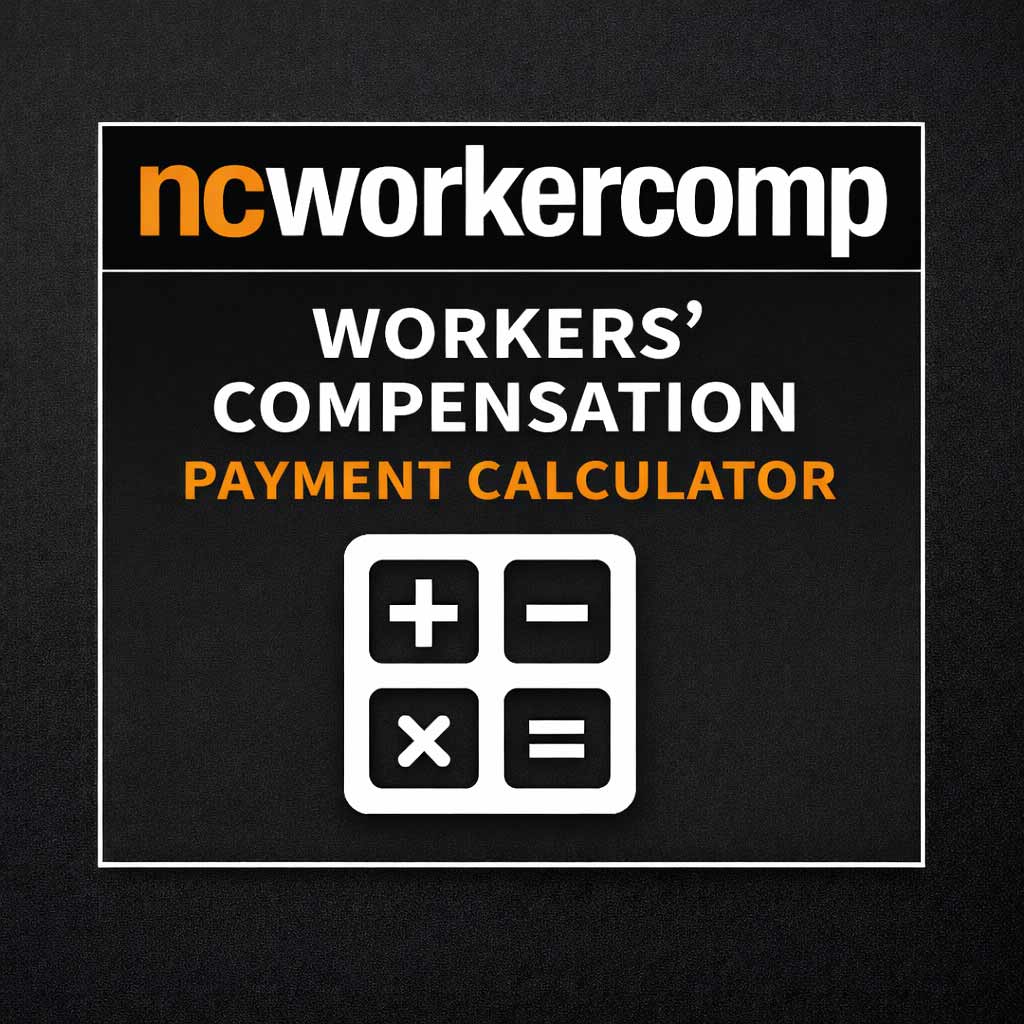I am frequently asked “is my workers’ comp taxable?” First, let me just say very clearly that I am neither a tax attorney nor a CPA. I am a simple, humble, NC workers’ comp lawyer. So, as always, please understand that your particular circumstances may vary based on your income, where you live, changes in the law and a variety of other factors. That said…
In general, NC workers’ comp benefits are not taxed by either the state or federal governments. IRS Publication 525 Taxable and Nontaxable Income (2013) provides that “amounts you receive as workers’ compensation for an occupational sickness or injury are fully exempt from tax if they are paid under a workers’ compensation act.” The tax exemption also applies to workers’ compensation benefits that are received by an injured workers’ survivors. The exemption does not apply to retirement benefits that an injured worker receives based on age, length or service or prior contributions even if the worker retired because of a workplace injury or illness.
If an injured worker returns to work in light or modified duty and receives wages from their employer for that work then those wages are taxable. However if the worker is also receiving Temporary Partial Disability (TPD) benefits then those payments are not taxable. (Temporary Partial Disability payments are paid to an injured worker who is able to return to some work at lower wages. In this circumstance the employee is entitled to 2/3’s of the difference between the employee’s Average Weekly Wage and their current earnings for up to 500 weeks.)
Both workers’ compensation settlements in North Carolina (often called “workers’ comp clinchers”) and weekly benefits are generally not taxed. In larger cases the injured worker and the workers’ compensation insurance company may agree to a “structured settlement” of the NC workers’ comp case. This means the employer and worker agree that that the employer will be released from further liability for the claim in return for the employer purchasing an annuity, which will pay the employee a fixed amount of money for a fixed period of time. These payments are also generally not taxed. Another word of caution here, the laws governing annuities and structured settlements are complex and vary state to state.
So if you are wondering “is my workers’ comp taxable” or if you have questions about your workers’ comp claim in NC please call or email Kevin Bunn for your free consultation with a board certified NC workers’ comp lawyer.

